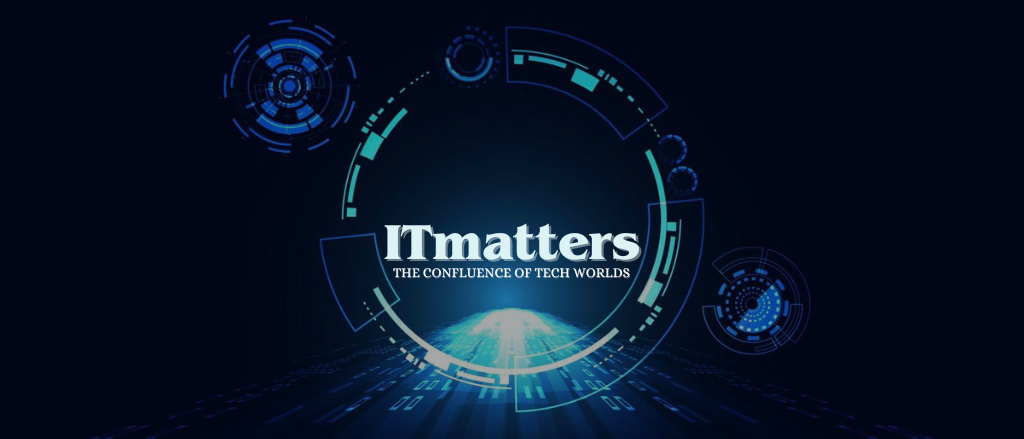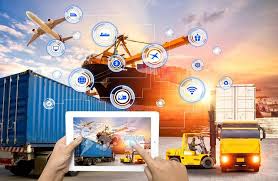The logistics industry constantly faces challenges that demand innovative solutions. Disruption, inefficiency, and sustainability concerns top the list. Companies like Maersk are now turning to artificial intelligence (AI) to overcome these obstacles. AI is no longer a futuristic concept; it is reshaping how logistics operates today.
Tackling Disruption with AI
Disruptions in logistics happen daily. From weather events to supply chain bottlenecks, unpredictability affects operations worldwide. AI helps Maersk predict and manage these disruptions effectively. By analyzing large datasets, AI enables faster decision-making. It ensures that supply chains remain flexible, allowing companies to outperform competitors.
Reducing Waste and Improving Efficiency
Another significant issue in logistics is process waste. The industry is highly fragmented, with numerous handovers causing inefficiencies. AI optimizes these processes by streamlining operations. Maersk has heavily invested in talent, technology, and infrastructure. These investments ensure AI works hand-in-hand with human expertise, boosting productivity across operations.
Advancing Sustainability Through Smart Shipping
Sustainability is a growing concern in global logistics. The shipping sector, for example, still relies heavily on polluting fuels. Maersk operates a fleet of over 700 vessels. By leveraging AI, the company tracks fuel consumption patterns. It identifies areas where fuel usage can be reduced, lowering carbon emissions. This gradual reduction significantly improves the company’s environmental impact, making logistics greener.
Making AI Approachable for the Workforce
However, adopting AI in logistics comes with its own set of challenges. One of the biggest hurdles is acceptance among employees. With a workforce of more than 100,000 people, Maersk focuses on making AI less intimidating. The company prioritizes training programs. These programs help employees understand AI’s role in making their work more productive and meaningful, rather than replacing jobs.
The logistics industry stands at the brink of a new era. AI offers the tools needed to overcome its biggest challenges. It helps manage disruptions, cut waste, and promote sustainability. Maersk’s example shows that with the right balance between technology and human involvement, AI can revolutionize logistics. The key lies in making AI approachable, ensuring employees see it as an ally.
Maersk’s thoughtful strategy highlights a crucial insight: embracing AI means embracing progress. With AI leading the way, the logistics industry can achieve smarter, greener, and more efficient supply chains. The future of logistics is here, and AI is at its core.






